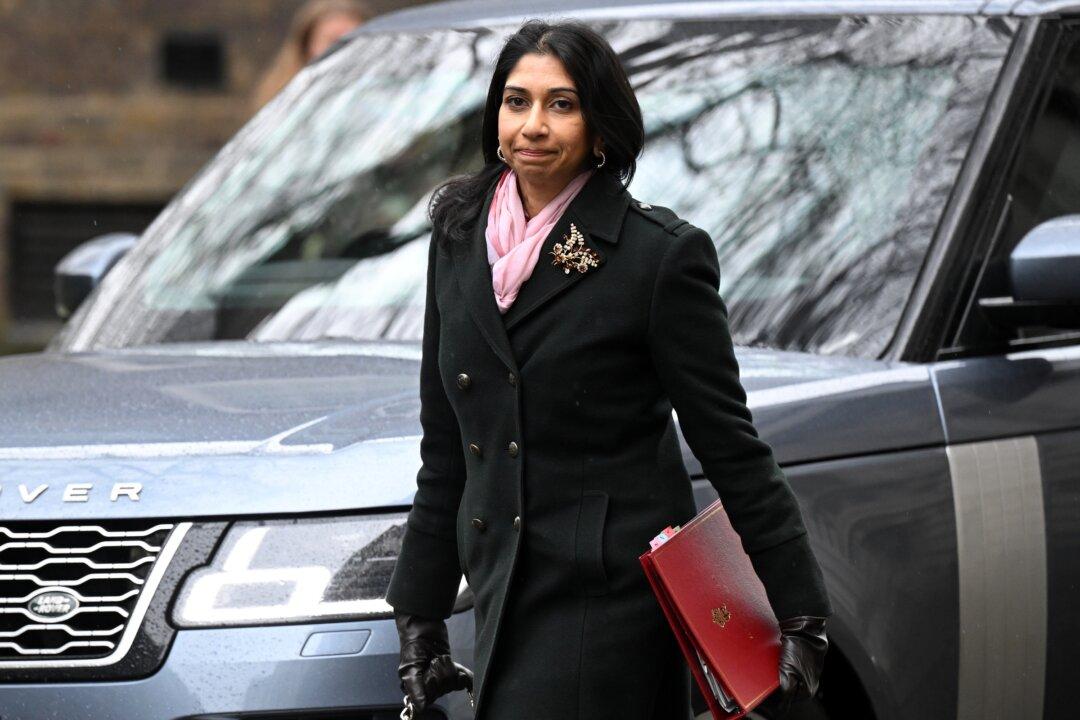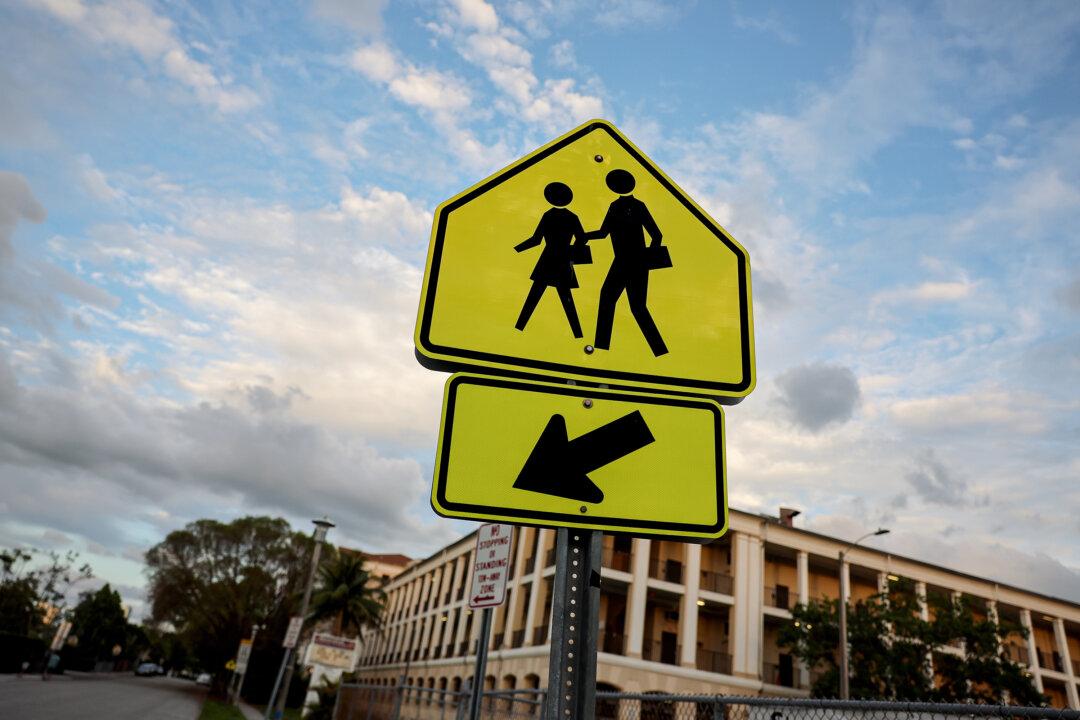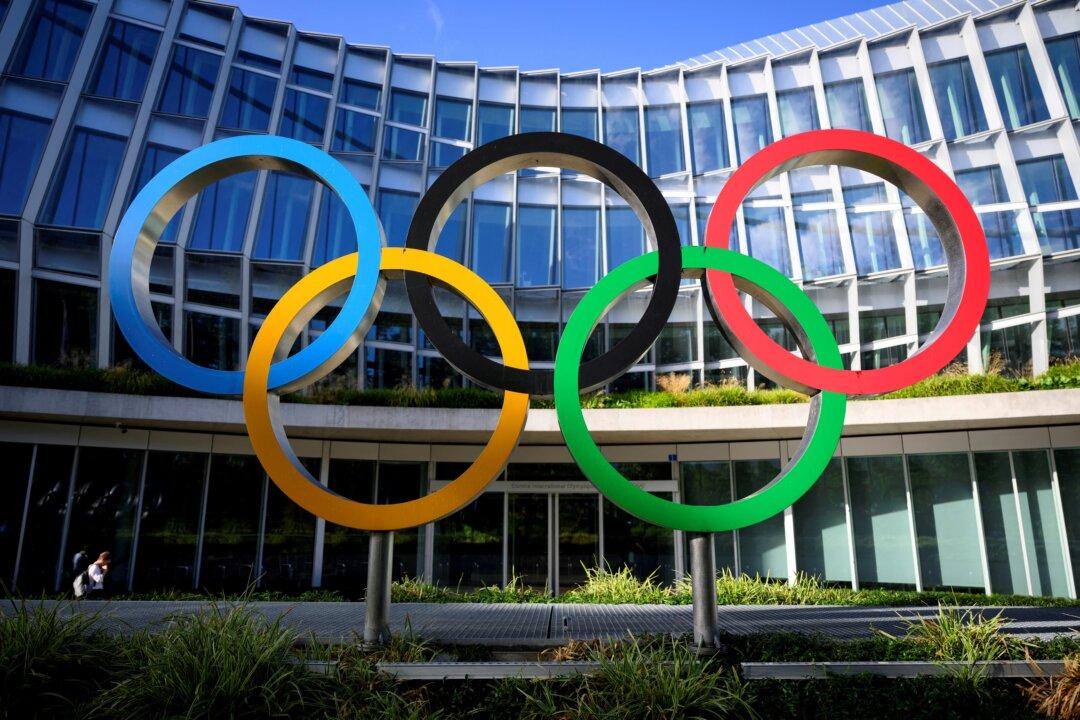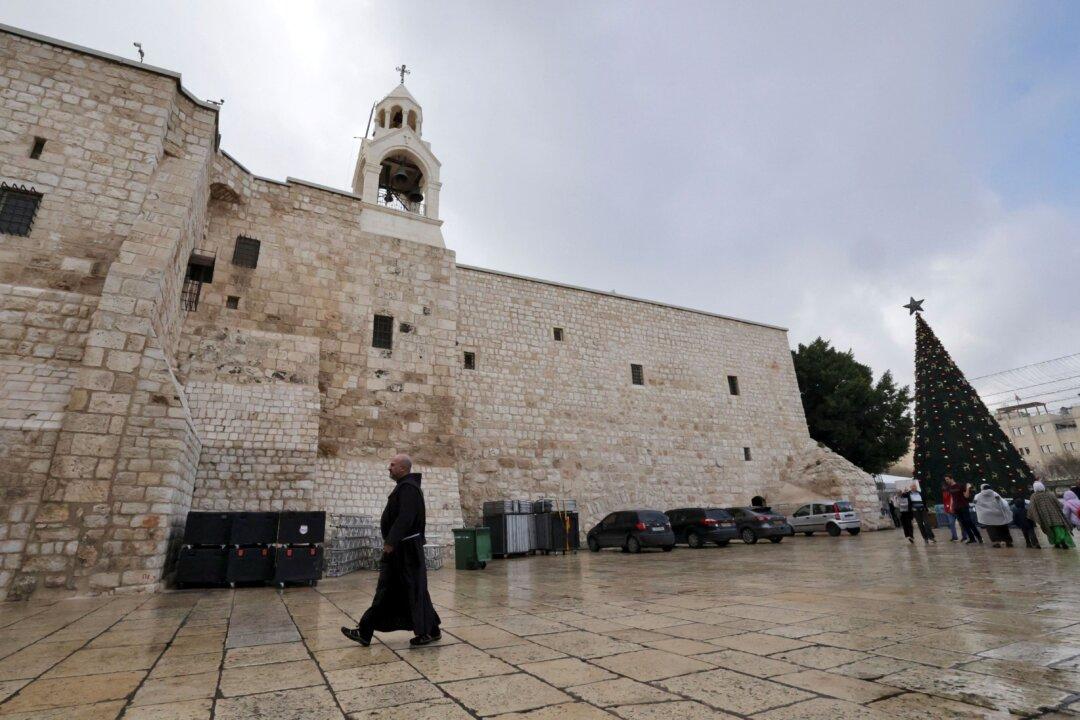Commentary
Events around the world, arising out of the Oct. 7 pogrom in southern Israel, have exposed multiculturalism’s core weakness, namely that ancient hatreds prevalent in certain cultures do not dissipate in the journey from there to here. Normally dormant, a trigger thousands of kilometres away can activate them. Jews are the primary target of angry Islamists’ hatred, but we are also witnessing a disruptive ripple effect that spreads in every direction, turning public spaces into contested cultural terrain.





